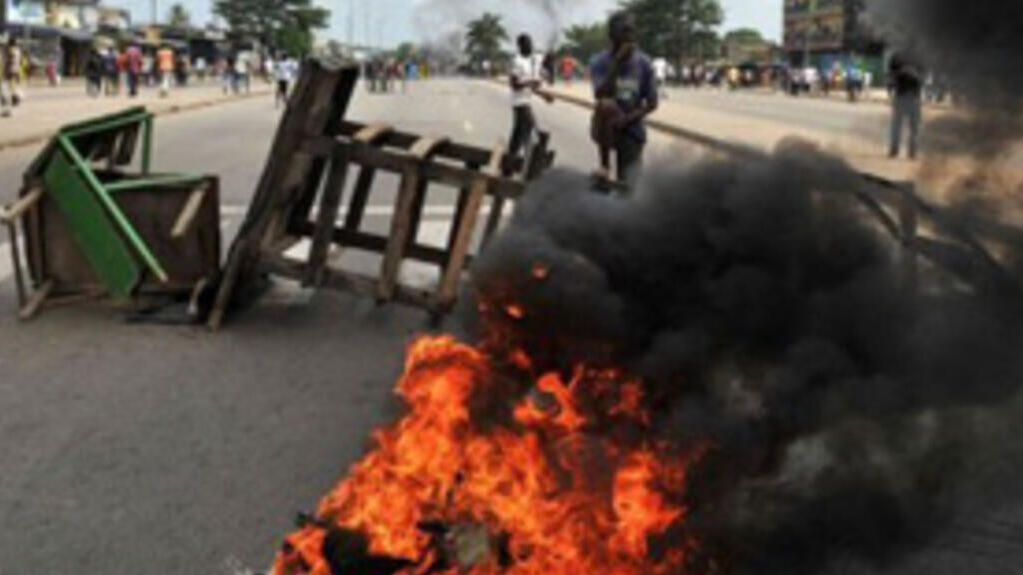
Mozambique: Protests and government legitimacy questioned following electoral fraud.
As tensions rise in the streets of Maputo, Mozambique is preparing for a new wave of protests. Opponents of the regime of Filipe Nyusi, in power for seven years, are calling for a popular mobilization this week. The theme? The electoral fraud that allegedly marred the recent municipal elections, thus calling into question the legitimacy of the government in place. A situation that is enough to make teeth grind in a country where patience seems to have reached its limits.
A government that is said to have questionable legitimacy
The municipal elections of October 11 were marked by accusations of massive fraud and manipulation. The opposition, led by Renamo, was quick to denounce what it called an "electoral farce". Instead of celebrating democracy, citizens instead witnessed a rather unflattering spectacle, where the ballot boxes too often seemed to have been tampered with. The government, although it insists on the transparency of the vote, was completely taken aback by the extent of the criticism. Do we still need to remind people that the people's trust is built on solid foundations? Clearly, this building is collapsing.
A growing protest
As opposition leaders call for another week of peaceful protests, it is likely that the social climate will heat up. Meetings are being made on social networks, where thousands of compatriots are preparing their slogans and posters to express their disagreement with what they call "bad theater." Between calls for resistance and promises of change, Mozambicans seem determined to make their voices heard, at the risk of calling into question the very foundations of their government.
International allies under fire
The international community, for its part, is watching this situation with particular attention. Donors who provide vital aid to Mozambique, such as the United States or the European Union, find themselves in a delicate position. Entering into a constructive dialogue with a contested government could jeopardize the legitimacy of their aid. The Nzila and Ndava, these representatives of civil society, warn that a late intervention would be just as tragic as the already integrated one of allowing the ignominy of fraud to continue.
The coming days are therefore likely to be crucial. The risks of clashes are very real, and the question that remains is: will the government in place be able to listen to the voice of the people before it is too late? In a country where the memory of the civil war remains vivid, the coming week could very well be the turning point that Mozambicans are waiting for, or the one that will plunge them even deeper into turmoil.



Leave a comment
This site is protected by hCaptcha and the hCaptcha Privacy Policy and Terms of Service apply.